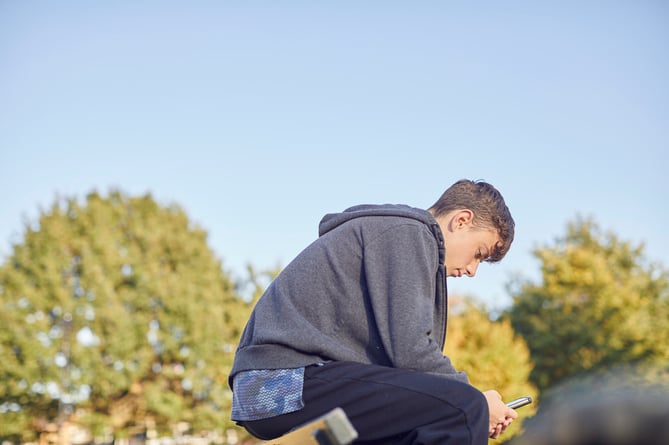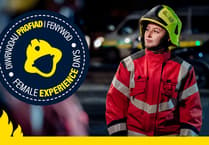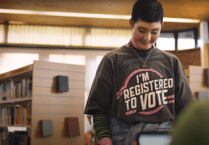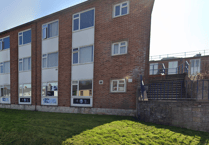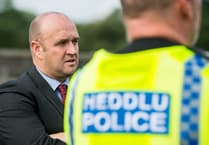Last year, the NSPCC Helpline took an average of six contacts a day from adults from across the UK with concerns about a child linked to parental alcohol or substance misuse.
The NSPCC is highlighting that there were more than 2,000 calls on the issue last year, at the start of Children of Alcoholics Week, which raises awareness of children affected by a parent’s drinking. The annual campaign, which is led in the UK by the National Association for Children of Alcoholics (NACOA), aims to shine a light on children struggling alone in silence with this issue.
Over the same period, the charity’s Childline counselling service delivered 338 counselling sessions to children across the UK with concerns on this issue.
Meanwhile in Wales, Welsh Government figures from 2022 show that 31 per cent of children who were receiving care and support and for whom there was information had a parent who misused alcohol or substances.
The NSPCC wants to encourage adults to speak out if they are concerned about a child so that children and families can be supported.
Kam Thandi, NSPCC Helpline Director, said: “Living with a parent who misuses alcohol can leave children feeling isolated, confused, embarrassed and ashamed.
“The truth is this is an issue that is often not talked about within a family and attempts are made to hide it. But secrecy makes it difficult for anyone else to notice and provide support, which is why we’re urging adults to look out for the signs and to encourage those impacted by it to speak out and seek help, so in turn children and families can be supported.”
Signs that families might be experiencing problems due to alcohol misuse include:
- parents may be visually under the influence of alcohol
- a change in the parent’s behaviour as they may have difficulty controlling their emotions or act irrationally or unpredictably
- a child may become withdrawn or develop behavioural, emotional or mental health problems
- aggressive or repeated shouting at home
- children may have taken on the responsibility of caring for their parents or siblings
- children looking dirty or not changing their clothes
One 15-year-old girl told Childline: "My mum is up and down – sometimes she’s fine and sober but it can quickly change and she becomes worse again… [She] gets abusive when she’s drunk and gets angry at me and my sisters. I don’t like being at home."
Childline counsellor Ashley* from Wales, whose mum was addicted to alcohol when he was growing up, said: “My mum was an alcoholic from as far back as I can remember. I felt like I had no-one to turn to and had no idea where I could reach out to for support. When I became a Childline counsellor I was so happy to see that there was support out there.
“Alcoholism has a major effect on children’s lives. It’s not easy to find your voice and speak out if you’re concerned about your parents drinking, but Childline is an amazing service and I wish that I had known about Childline when I was younger.
“There is support out there, you don’t need to suffer in silence.”
Hilary Henriques MBE, Chief Executive of Nacoa UK, said: “Imagine a childhood where your life is taken over by your parent’s drink problem. Coming home from school not knowing what you’ll find. Having no friends because you can’t take them home.
“Drink and the effect it has on children is one of the great secrets in our society today. That is why during COA Week we sweep everything aside and break the silence, to let these vulnerable young people know they are not alone.”
If you are an adult concerned about the welfare of a child including concerns about parental alcohol misuse, please contact the NSPCC Helpline on 0808 800 5000.
NACOA’s Helpline is available for everyone affected by a parent’s drinking – children, adults and professionals. They can be reached on 0800 358 3456 or at [email protected].
Childline is there 24 hours a day, for any child who has any concerns, at childline.org.uk or on 0800 1111 – the number won’t appear on the phone bill.
*. All names and potentially identifying details have been changed to protect the identity of the child or young person. Quotes are created from real Childline contacts but are not necessarily direct quotes from the young person.
